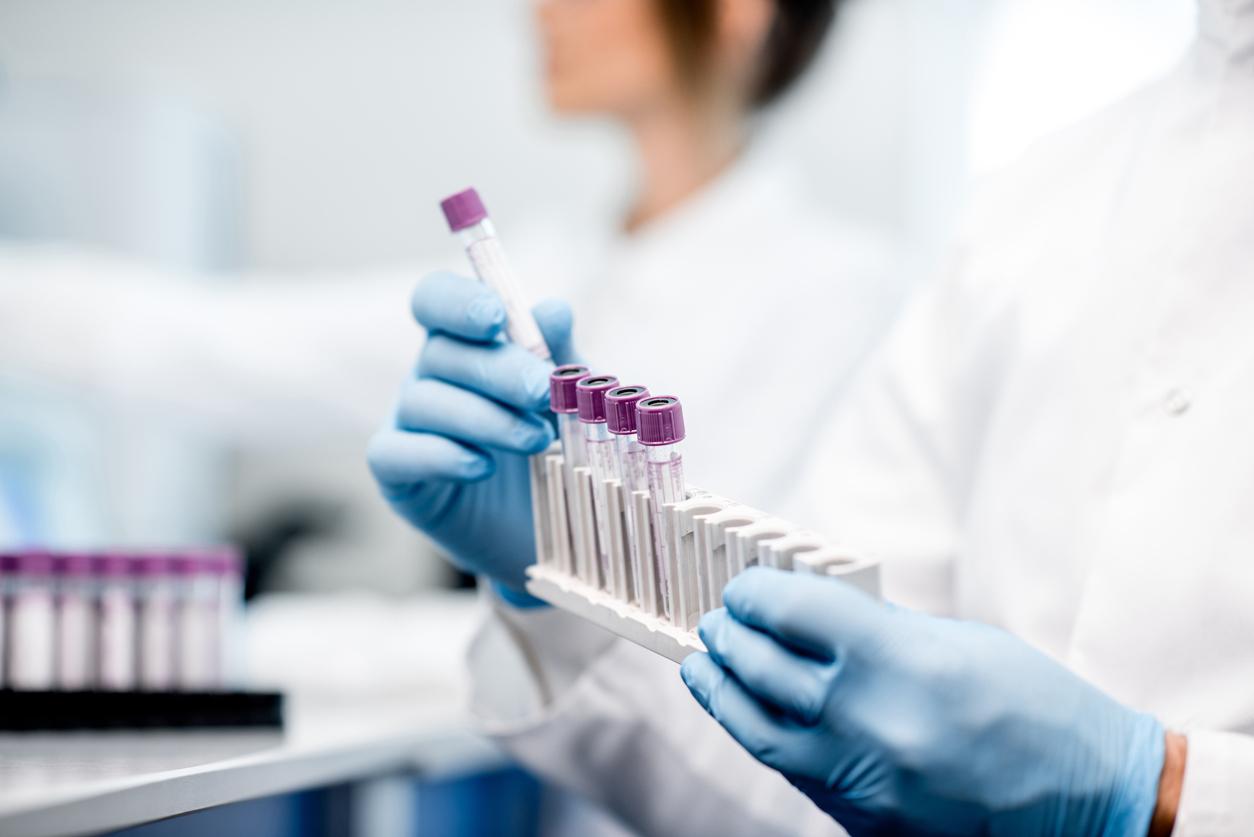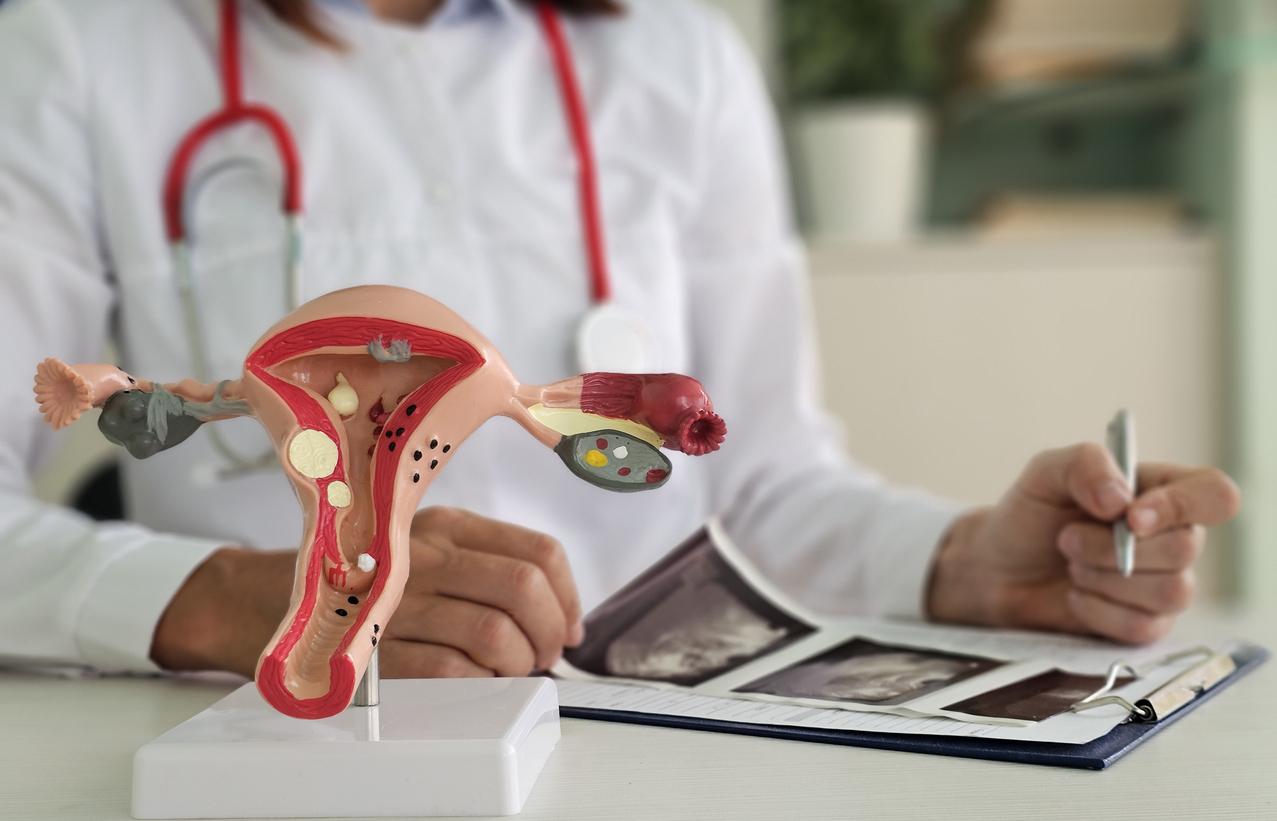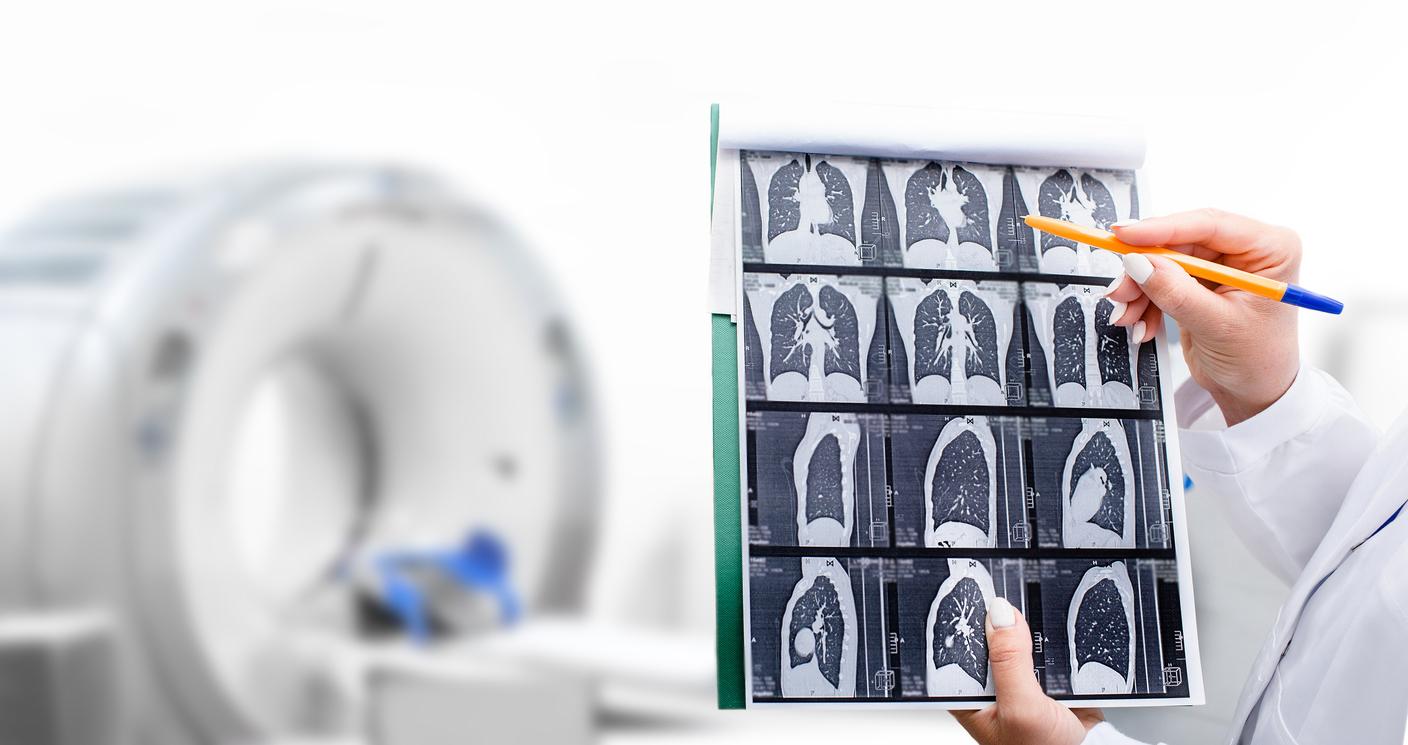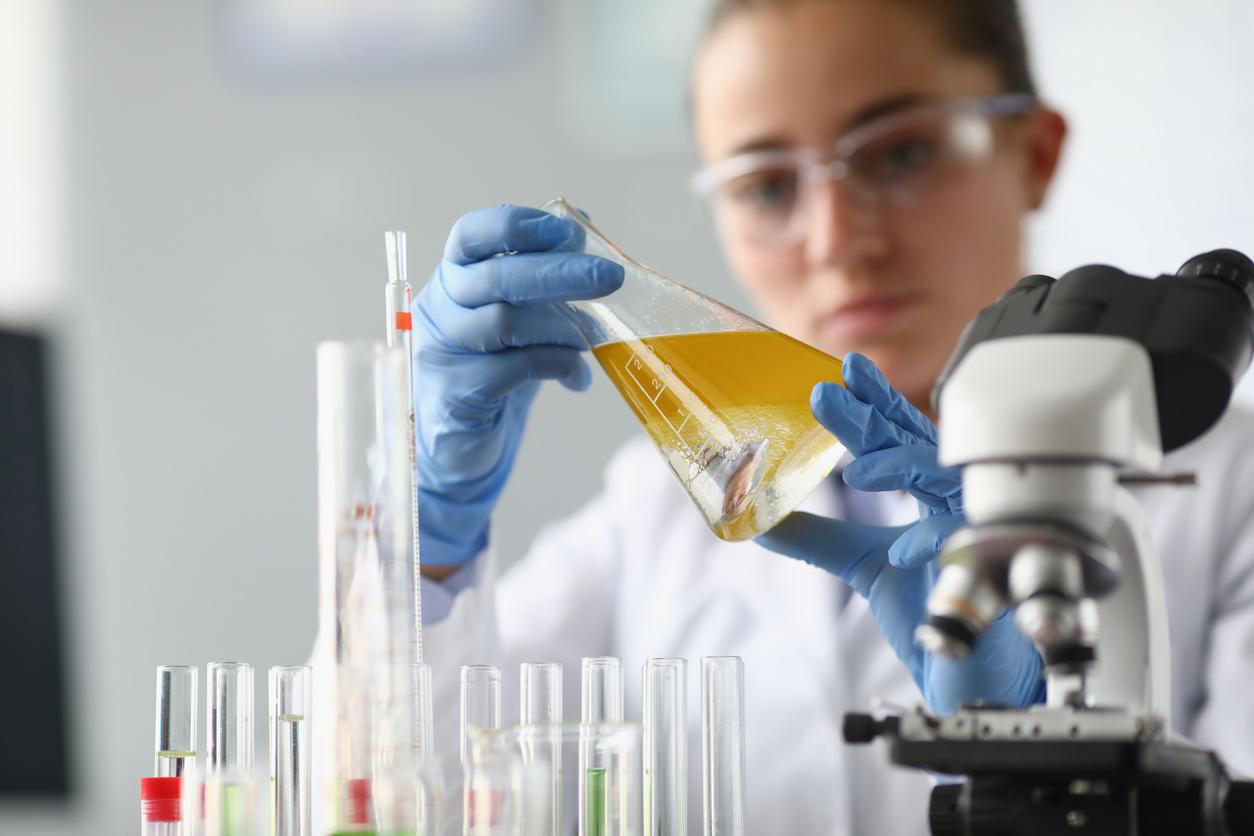According to a new study, several years before the first symptoms, autoantibodies are visible in the blood of some patients with multiple sclerosis.

- Multiple sclerosis is an autoimmune disease that affects the central nervous system.
- Current treatments cannot cure this disease but can reduce flare-ups and improve the quality of life of patients.
- Researchers have found that in about one in ten cases of multiple sclerosis, the body begins producing autoantibodies years before symptoms appear.
Researchers at UC San Francisco (UCSF) have discovered that signs of multiple sclerosis (MS) can be detected in the blood of some patients several years before the disease begins. Their work was published in the journal Nature Medicine.
Multiple sclerosis affects 110,000 people in France, according to the National Institute of Health and Medical Research (Inserm). Treatments exist to reduce flare-ups of this autoimmune disease (i.e. the rapid onset of symptoms: motor, sensitivity, cognitive disorders, etc.) and improve the quality of life of patients, but they do not prevent its evolution. The results of this new study could therefore make it possible to screen people at risk of developing this disease in advance.
Autoantibodies in 10% of patients with multiple sclerosis
During their work, the scientists analyzed the blood of 250 patients suffering from multiple sclerosis. For each of them, samples were taken after their diagnosis and before – five years or more – when they joined the army. These samples were compared to blood tests from 250 other healthy veterans.
Results: Researchers found that 10% of multiple sclerosis patients had autoantibodies several years before their diagnosis. But what is it about? In autoimmune diseases, such as multiple sclerosis, the immune system produces autoantibodiesthat is to say antibodies that specifically target and attack cells or tissues in the body.
To confirm their results, the researchers analyzed blood samples from participants in another study, called ORIGINS and conducted by UCSF. The patients all presented with neurological symptoms and some had been diagnosed with multiple sclerosis. Again, 10% of multiple sclerosis patients had the same autoantibody profiles.
MS: improving screening by focusing on the presence of autoantibodies
Thus, the authors conclude that for approximately one in ten cases of multiple sclerosis, the body begins to produce autoantibodies years before symptoms appear. “Diagnosis is not always simple for multiple sclerosis because we do not have disease-specific biomarkers.”, explains Michael Wilson, one of the authors, in a communicated. This study could therefore make it possible to improve early detection, by focusing on the presence of autoantibodies. In the future, researchers plan to continue their research to understand the triggers of the disease for the remaining 90% of patients.
















